Liverpool are on the hunt for a forward to bolster their ranks this summer and for Harry McMullen, Chelsea‘s Tammy Abraham represents a more than viable option.
The 2019/20 champions are back on the title charge and with Ibrahima Konate already on board, Liverpool are reportedly still in the market for a midfielder and a forward.
But one name curiously absent from the rumour mill is Chelsea’s forgotten man, Tammy Abraham.
While the reigning European Champions are chasing superstars such as Erling Haaland this summer, the only Premier League proven No. 9 in the squad is being ushered towards the exit.
Is it a mistake for Chelsea to let him go? And would it be a mistake for Liverpool to overlook him?
The numbers
The key metric for forwards – as Roberto Firmino is constantly reminded – is goals.
For his breakout Chelsea season in 2019/20, Abraham scored an impressive 15 goals – none of which were penalties – registering 0.73 goal involvements per 90.

This is famously higher than the 0.70 that fired Harry Kane to the Golden Boot in 2015/16 and one goal less in total than Liverpool’s prolific Mohamed Salah in the title-winning season, as seen in the table above.
He also has an impressive range of finishes in his arsenal, as he showed with his hat-trick versus Wolves in 2019:
While Thomas Tuchel was reportedly “frustrated with [Abraham]’s lack of intensity both with and without the ball”, in 2019/20 the Chelsea man, as per FBref.com, did produce 17.5 pressures per 90, including 9.8 in the final third of the pitch, with a 30.2% success rate.
These numbers actually aren’t far off Firmino’s 9.94 final third pressures per 90, with 31.1% success, which suggests that while the 23-year old isn’t a direct replacement, he could be coached into the Reds’ system.
The system
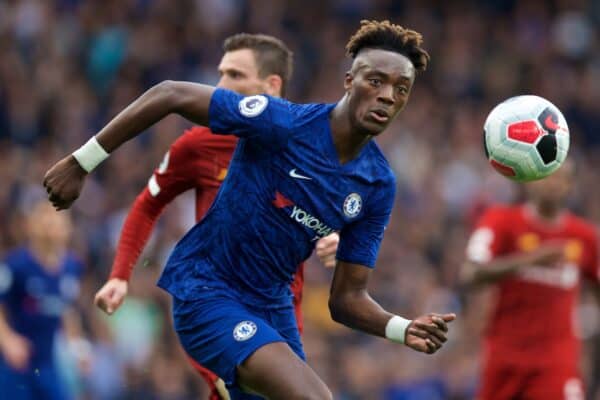
Liverpool could also adapt to suit Abraham’s game, playing as a predatory No. 9 – getting in behind, stretching defences, scoring from anywhere inside the box. This could mean switching to the 4-2-3-1 — Alex Oxlade-Chamberlain has been mooted as a possible No. 10 — but it wouldn’t need to.
We saw last season how teams frequently gave up the ball and focused on denying the Reds space, nullifying the threat of the false No. 9. And in the win over Sheffield United, we saw Liverpool tweak their 4-3-3 to accommodate this.
One drawback to this new setup was the reliance on Firmino to play as more of a pure No. 9, and this exposed the Brazilian’s shortcomings as a pure striker.
But the reality is that Firmino has always played like an attacking midfielder when leading the line because he is an attacking midfielder; his underperformance as a striker begins to make sense if you compare the 29-year-old’s goal tally to that of a No. 10.
By bringing in a player of Abraham’s profile, Liverpool could switch to this system more frequently, becoming more unpredictable and more effective as a result.
The squad
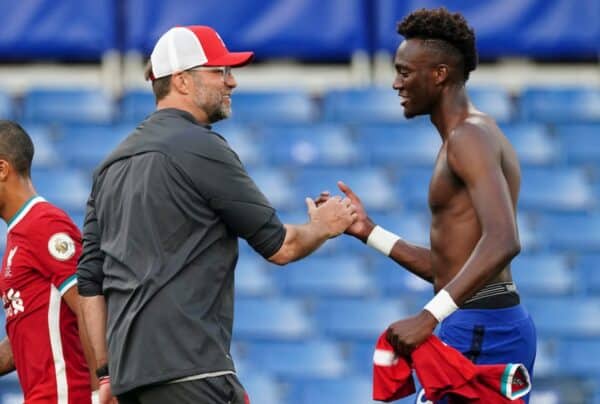
Moreover, Abraham’s injury record is a big plus having missed just 14 games through fitness issues in his young Chelsea career so far.
Enforced absences clearly played a huge role in our previous campaign, and with both Salah and Mane jetting off to compete in the AFCON across January and early February, reliable forward cover is a must.
Liverpool are also walking a tightrope with regards to their homegrown player quota, which will factor into any further incomings. Narrowing the field solely to English players reveals Abraham to be the standout candidate.
In terms of long-term squad planning, the 23-year-old has a full six years on the current front three, who are edging ever closer to the 30-year milestone.
While he would already prove to be an upgrade on current forward backup in Divock Origi, Abraham – as well as 24-year-old Diogo Jota and 18-year-old Harvey Elliott – has time to mature into the role and eventually form a devastating new-look forward line as part of the squad’s natural evolution.
The drawbacks
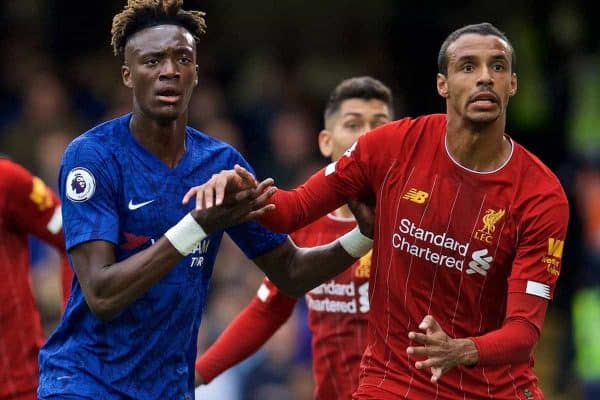
Abraham’s current exile at Stamford Bridge, however, suggests there is a tactical, physical or personal issue that has cost him his place in the Chelsea squad, with only 18 starts last season.
Liverpool have done well to avoid picking up damaged goods since the days of Mario Balotelli, so due diligence would be a must.
Secondly, the asking price is quoted to be around £40 million and that’s before you factor in the title rival and English player tax.
Chelsea are also banking on signing a superstar striker before letting their only recognised No. 9 depart, and with no deal forthcoming – plus deep pockets protecting them from a need to sell – it would likely take around £60 million to bring the player to Anfield.
While £41m signing Jota has excelled, is a fee in excess of that, for a player who would initially be the fifth choice forward, really worth it?
The verdict
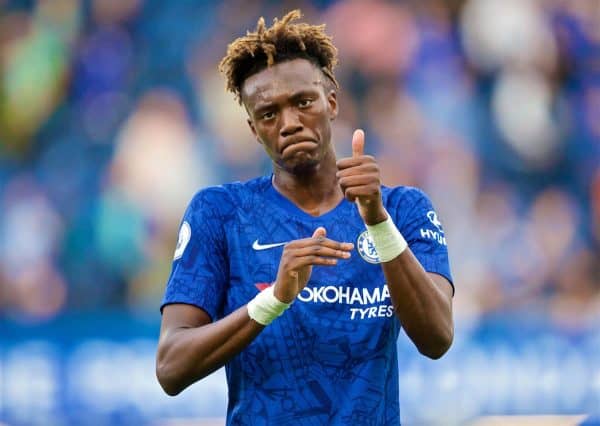
That links to Abraham have not materialised is no surprise due to the numbers involved, and the title rivalry between his parent club and the Reds.
However, his availability is sure to have triggered an internal review, and there is plenty of the summer transfer window still ahead to consider his profile.
Abraham is a young homegrown talent with a high ceiling, strong resale value and of Premier League pedigree – and so it comes down to if Michael Edwards and co. feel committing a sizeable fee for him would be smart business after all.
* This is a guest article for This Is Anfield by Harry McMullen. Follow Harry on Twitter, @mcmulhar.







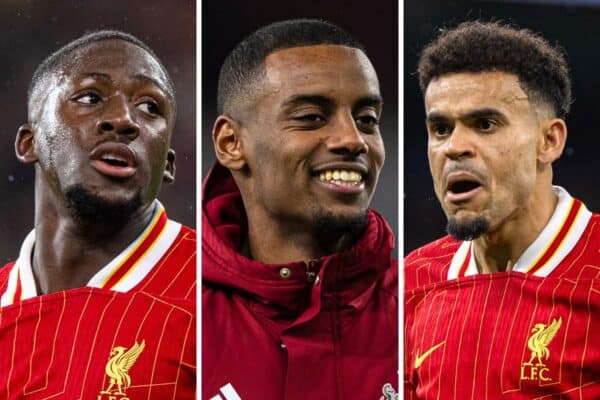
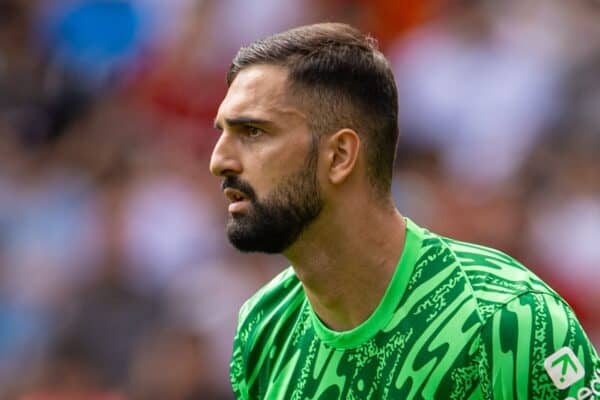




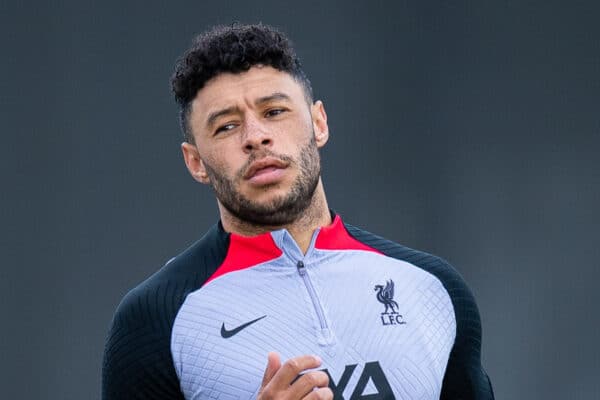


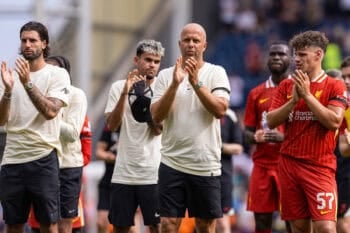


Fan Comments